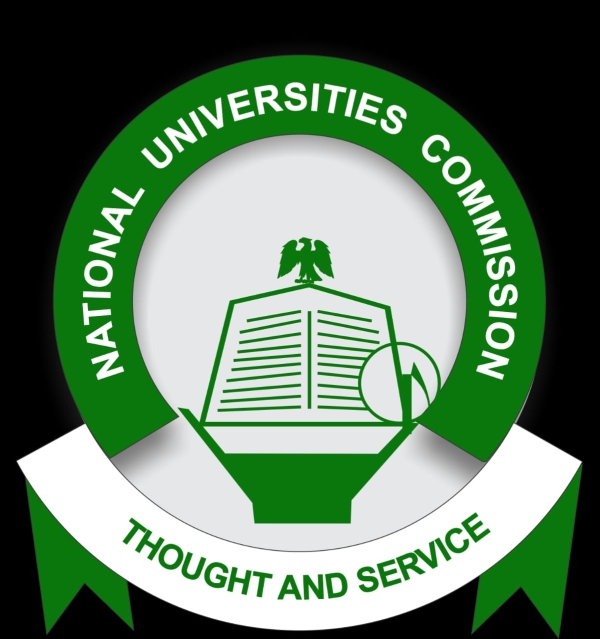The National Universities Commission (NUC) has said that it is working with relevant stakeholders to set minimum guidelines for the conduct of convocations, special lecturers, and other ceremonies by universities in Nigeria.
Acting Executive Secretary of NUC, Chris Maiyaki, made this known in Abuja during a retreat organised by the Commission for the members of the governing councils in Abuja on Thursday.
The NUC boss lamented the decline in the quality of conduct of these ceremonies and special lectures, noting that this constituted the hallmark of a university and tertiary education.
He noted that the unique ceremonial occasions such as the Matriculation, Convocation, and the Lectures that traditionally preceded them as well as Inaugural lectures, University Lectures, Distinguished Lectures, Faculty Lectures, and Valedictory Lectures, have, not only declined in quality but have also lost the aura for which they were once known and cherished, because of the adoption of unsavoury local mismatches.
Maiyaki stated that to correct the anomaly, the Commission has resolved to work with relevant stakeholders to establish the minimum guidelines for the conduct of university ceremonies.
He noted that there was an urgent need to enthrone a legacy of good governance values, principles, standards and best practices in our respective institutions of higher education.
He called on the council members to demonstrate good leadership and stewardship towards the growth of their Institutions.
According to him, the members have a pivotal role to play in ensuring that the reputational capital of the nation’s universities is protected, adding that they must give all necessary assurance to stakeholders, emphasising that the university system places a high premium on quality.
He stated: “It is with this goal in mind that the National Universities Commission (NUC) has organised this Retreat, aimed at providing insights into the various instruments as well as relevant legal and regulatory requirements that define the functions of governing councils.
“Our hope is that the retreat will help you to understand the cross-cutting issues that are required to ensure that our Universities are positioned for greater effectiveness.
“Your appointment is, no doubt, a testament to the unwavering commitment you have demonstrated over the years to the development of the Nigerian enterprise. I am optimistic that you will bring this commitment and your wealth of experience to bear fully on the noble task of enabling our Universities to attain their full potential.
“Good governance is at the heart of the success of all organisations in the world over. It is, particularly, important in higher education because a university is, in many ways, a far more complicated organisation than an ordinary institution.
“Governance in higher education requires an appropriate framework for accommodating a diverse group of stakeholders. Indeed, good governance informs and facilitates decision-making which, in turn, enables a university to grow and prosper.”
He noted that it was only through accountability, transparency and innovative strategies that a university can be sustained in the long term.
Maiyaki said: “Our institutions have a proud tradition of fostering intellectual curiosity, nurturing talent, and contributing to society through knowledge and discovery. In their set-up, higher education institutions are meant to be highly democratic institutions.
“The committee system which serves as the basis of decision-making, exists from the level of Council, down to the level of academic departments. The system allows issues to be freely debated and democratically decided upon at scheduled meetings. It is therefore essential for Council members to acquire extensive knowledge about the issues faced by their various institutions.”
[TheNation]

